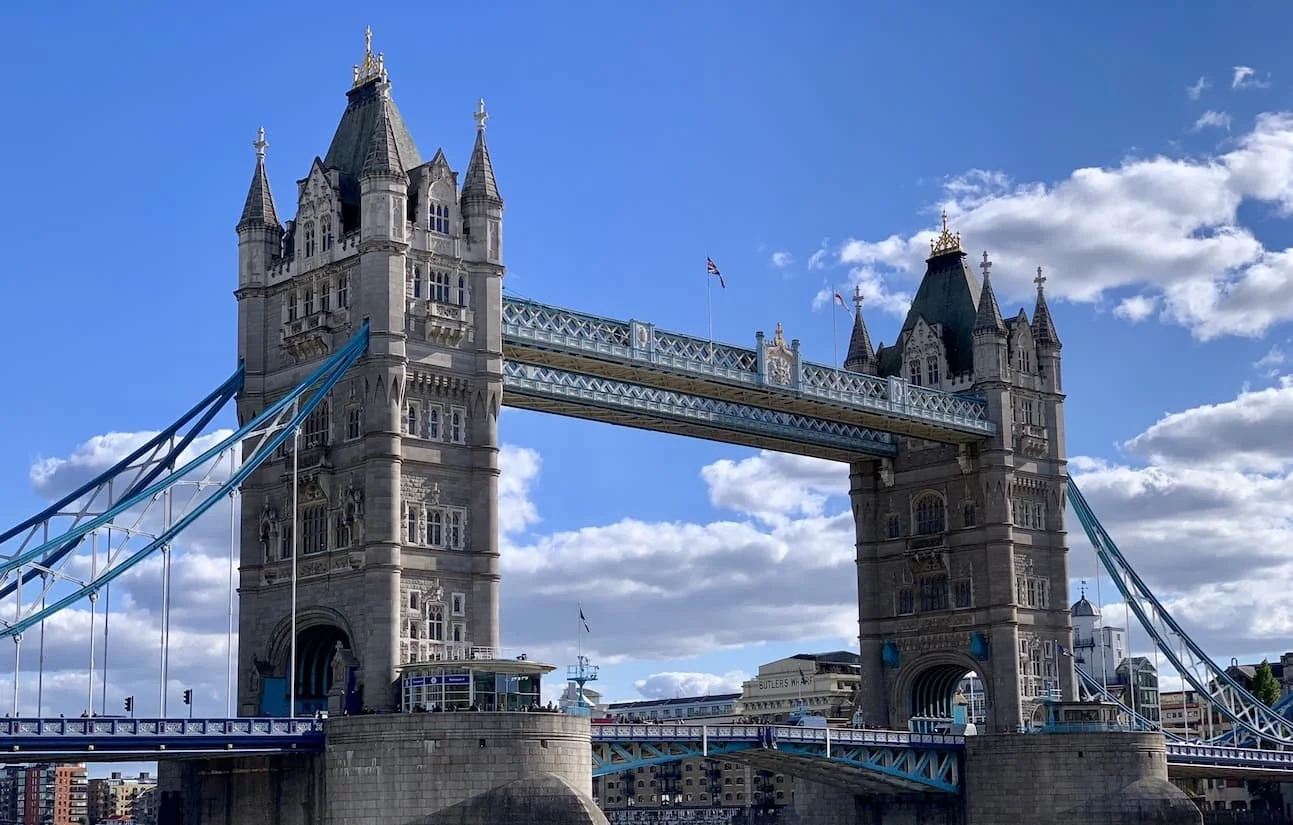9th Circuit Court of Appeals Unanimously Blocks Travel Ban
/Yesterday, justices of the 9th Circuit Court of Appeals ruled in favor of the states of Minnesota and Washington - the plaintiffs in a case ultimately deciding the viability of the Trump Administration's travel ban. In a 3-0 decision, it was declared the current freeze on the ban was to remain, thus opening the door for immigrants from previously-banned Muslim nations to enter the United States. In response, Donald Trump took to Twitter to denounce the ideology behind the decision, suggesting further legal action is to follow:
SEE YOU IN COURT, THE SECURITY OF OUR NATION IS AT STAKE!
— Donald J. Trump (@realDonaldTrump) February 9, 2017
Per the Los Angeles times, a Facebook Live interview between Breitbart and White House Press Secretary Sean Spicer echoed Trump's feelings on the matter, albeit in a more subdued tone:
“Tonight was just a procedural ruling on the temporary restraining order. We look forward to a full hearing on the merits of this case, and we feel very confident that we’re going to prevail...”
Given the Administration's penchant for trying to assert its political and legal dominance over matters of national security, it is likely that this case will reach the Supreme Court. Perhaps ironically, it is unlikely that Trump nominee Neil Gorsuch will be confirmed in time to affect the outcome of the ruling; per CNN, the decision will come down to eight votes. Should the justices arrive at a split decision, along partisan lines, the 4-4 decision will reinforce the 9th Circuit Court's ruling. This will constitute yet another definitive and impactful legal defeat for Trump and the Administration.
In a press briefing, Trump informed reporters to expect "rapid" follow up action from his administration in response to the decision. Given that Supreme Court proceedings and legalities could span the proposed length of the current ban, it is entirely possible that the Administration could propose a new executive order with revised verbiage and provisions. Of course, this new executive action will face further scrutiny in both legal and political ramifications.
As reported by CNN, the 9th Circuit court cited the public's interest in "free flow of travel, in avoiding separation of families, and in freedom from discrimination." In terms of education and the economy, the Court voiced its concern regarding potential consequences - the stoppage of immigration could harm the diversity of universities, could alienate portions of the student body, and could financially harm such institutions. Furthermore, the tax base of Washington and Minnesota could be diminished, as could overall economic growth.
The judges also remarked that the White House seemed more interested in denouncing appellate court authority, instead of offering more evidence for their convictions. Stating that the foundations of constitutional democracy rest with an uninhibited ability to review legal measures, the 9th affirmed its validity in trying the case. In arriving at their decision, the Court stated its patience in considering all points brought forth by the Administration. In light of the fact that federal courts have successfully blocked the ban twice, the judiciary is confident the Supreme Court will arrive at the same conclusion. This is, as one may have guessed, contradictory to the feelings of Donald Trump.
Nihad Awad, executive director of the Council on American-Islamic Relations, was quoted by the Los Angeles Times as offering praise towards the ruling while warning against becoming complacent. Indeed, this is certainly one battle in what seems like an ongoing constitutional war. However, not only human rights groups are favoring the ruling. Per Jaweed Kaleem of the Los Angeles Times, Douglas Kmiec of Pepperdine University hailed the sharp articulation of the decision. A professor of constitutional law, he gave the language high marks for distinguishing between law and policy. The Times also reports the praise of California's top prosecutor, Attorney General Xavier Becerra, for the decision's protections in regards to institutions and families. Additionally, New York Attorney General Eric T. Schneiderman dubbed the ruling "a major victory for the rule of law."
What happens next? CNN estimates that many other districts will face legal battles in regards to the ban, thus increasing the national scope of the issue. As such, it is quite likely that the immigration ban will reach the Supreme Court for interpretation. However, it is interesting to note that the 9th Circuit Court is one of the most liberal federal courts in the United States. Whether or not other courts will rule in a similar manner remains to be seen. Given that the Supreme Court could very likely reach a 4-4 split, should they even hear an appeal on the case, it is unlikely that the Administration will reach a favorable outcome.
In any case, the next few months stand to be crucial to the lives of thousands - and set a clear precedent for just how extensive executive power in America is.
